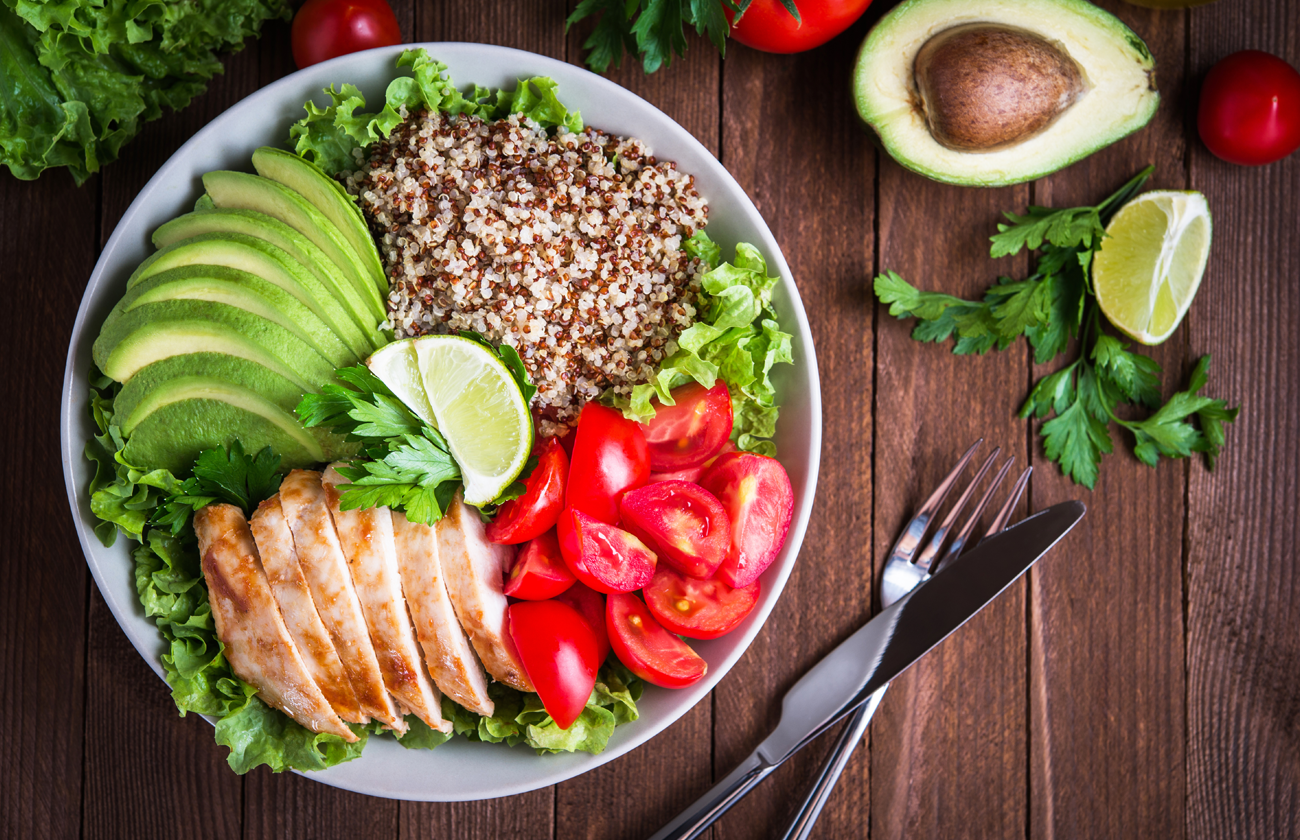Every woman experiences some kind of pain and discomfort during that time of the month. While some foods can help alleviate symptoms, other foods can aggravate them. The general symptoms during menstruation are:
- abdominal cramps
- headaches
- nausea
- fatigue
- bloating
- mood swings
- diarrhea
If you experience any of these symptoms, consider adding these foods to your diet for a healthier period.
1 Fruits
Consume fruits like watermelon and cucumber which will help you stay hydrated. For any sweet cravings, enjoy a bowl of red grapes, fresh mango slices, or pineapple.
2 Green Leafy Vegetables
It is important to eat a lot of green leafy vegetables for iron, calcium, vitamins, minerals, and antioxidants. Consume collard greens like kale, swiss chard, and spinach during your period to get a boost to your iron levels. Simply sauté some baby spinach with garlic and serve it with eggs.
3 Ginger
Ginger has anti-inflammatory properties that can help heal menstrual cramps, bloating, nausea, and muscle spasms. Make ginger tea with raw ginger or add some raw ginger in chicken and veggie stir fry.
4 Chicken
Chicken is another iron- and protein-rich food to add to your diet during your periods. Make a sheet pan chicken & vegetable roast or enjoy a bowl of chicken soup during your periods.
5 Fish
Fish is rich in protein, and omega-3 fatty acids, which is an ideal choice of food during periods. Omega-3 can help soothe menstrual pain and cramps during your periods. It can also help with mood swings during your menstrual cycle. Saute some salmon in olive oil and serve with a side of asparagus.
6 Turmeric
Curcumin in Turmeric has anti-inflammatory properties when combined with black pepper. Consumption of turmeric during periods can help alleviate PMS symptoms. Enjoy a warm cup of golden milk latte in the evening during your periods.
Enjoy these foods in a variety of recipes during your period. Remember to stay hydrated by drinking water, tea, and pure fruit juices throughout the day. For more foods to add to your diet during your periods, check edition 2.
FAQ’s
2. Why are green leafy vegetables important during periods?
Green leafy vegetables such as kale, spinach, and Swiss chard are rich in iron, calcium, vitamins, and antioxidants. Consuming them helps replenish iron levels lost during menstruation and supports overall health. Sautéing baby spinach with garlic and pairing it with eggs is a nutritious way to include these vegetables in your diet.
3. What benefits does ginger offer during menstruation?
Ginger possesses anti-inflammatory properties that can alleviate menstrual cramps, bloating, nausea, and muscle spasms. Incorporating raw ginger into your diet, such as in ginger tea or adding it to chicken and vegetable stir-fries, can provide natural relief from common menstrual discomforts.
4. How does chicken contribute to menstrual health?
Chicken is a good source of iron and protein, essential nutrients that support energy levels and overall health during menstruation. Including dishes like sheet pan chicken with vegetables or chicken soup in your diet can help maintain nutritional balance and alleviate fatigue associated with periods.
5. Why is fish recommended during periods?
Fish, particularly fatty varieties like salmon, are rich in protein and omega-3 fatty acids. These nutrients can help reduce menstrual pain and cramps and may alleviate mood swings. Sautéing salmon in olive oil and serving it with asparagus is a healthy and satisfying meal option during menstruation.
6. What role does turmeric play in menstrual health?
Turmeric contains curcumin, which has anti-inflammatory properties that can help alleviate PMS symptoms. Combining turmeric with black pepper enhances its absorption and effectiveness. Enjoying a warm cup of golden milk latte in the evening can be a soothing way to incorporate turmeric into your diet during periods.
7. How can staying hydrated benefit during periods?
Maintaining hydration is crucial during menstruation to help alleviate bloating and fatigue. Drinking water, herbal teas, and pure fruit juices throughout the day can support overall health and comfort. Proper hydration also aids in digestion and can help reduce the severity of menstrual cramps.
8. Are there any foods to avoid during menstruation?
It's advisable to limit the intake of salty, sugary, and fatty foods during menstruation, as they can exacerbate bloating, mood swings, and fatigue. Instead, focus on a balanced diet rich in fruits, vegetables, lean proteins, and whole grains to support overall well-being during your period.
9. Can herbal teas aid in menstrual discomfort?
Certain herbal teas, such as peppermint and chamomile, can provide relief from menstrual discomforts. Peppermint tea can help reduce gastrointestinal pain and bloating, while chamomile tea promotes better sleep and reduces fatigue. Incorporating these teas into your routine can enhance comfort during menstruation.
10. How can I maintain energy levels during my period?
To maintain energy levels during menstruation, focus on a balanced diet that includes iron-rich foods like green leafy vegetables and lean proteins such as chicken and fish. Staying hydrated and incorporating anti-inflammatory foods like ginger and turmeric can also support energy levels and overall well-being during your period.

